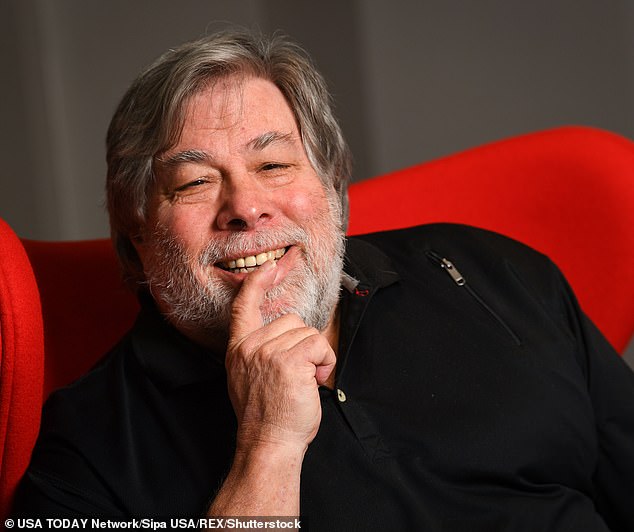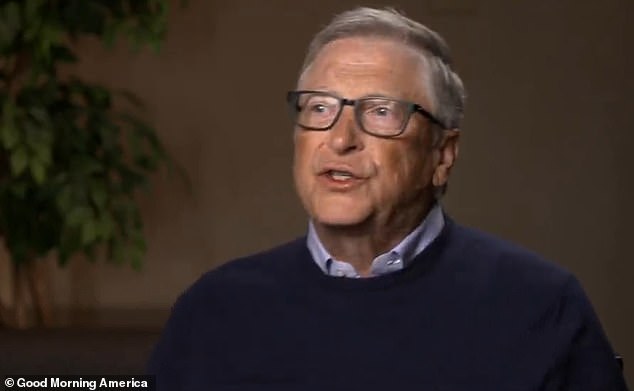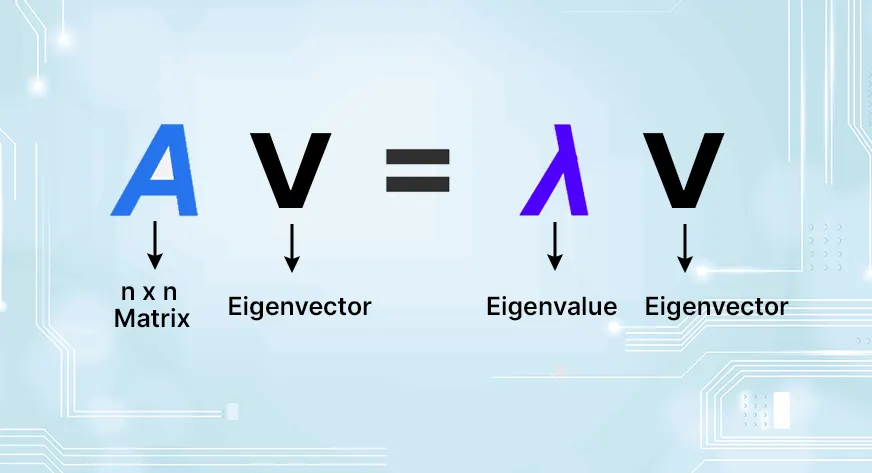Apple co-founder Steve Wozniak has warned that Artificial Intelligence (AI) could make scams harder to spot because ‘bad actors’ would use the technology to trick people about their identities.
Wozniak said AI content must be clearly labelled and regulation was needed for the sector, as he warned of the dangers of the technology.
‘AI is so intelligent it’s open to the bad players, the ones that want to trick you about who they are,’ Wozniak, who founded Apple with Steve Jobs, told the BBC.
He warned that bad actors will become even more convincing because programmes like ChatGPT can create messages which ‘sound so intelligent’.
Wozniak’s warning came after Microsoft co-founder Bill Gates said he does not think work on the new technology should be paused.
There is a great AI divide in Silicon Valley. Brilliant minds are split about the progress of the systems – some say it will improve humanity and others fear the technology will destroy it

Wozniak (pictured) said AI content must be clearly labelled and regulation was needed for the sector, as he warned of the dangers of the technology
Gates said he believes AI is a game-changing technology, describing it as ‘pretty fundamental’ noting how its implications for the future are vast.
Microsoft-backed OpenAI fired the starting pistol on a technological arms race in November, when it made AI-powered chatbot ChatGPT available to the public.
It soon became the fastest-growing app in history, reaching 100 million monthly users in two months.
‘We’re all scared a bad guy could grab it,’ Gates said in an interview with ABC News, but he said the development of such tech should continue.
Wozniak has also said he fears the technology could be harnessed by ‘bad actors’.
He joined thousands – including Twitter CEO Elon Musk – in writing an open letter which called for a six month pause in AI development to consider the risks of the technology.
Wozniak believes that anything generated by Artificial Intelligence that is then posted to the public, should be the responsibility of those who publish it. He said: ‘A human really has to take responsibility for what is generated by AI.’
The computing pioneer said regulation must hold big tech firms who ‘feel they can kind of get away with anything’ to account.
But he voiced concern that even the regulators might not get it right. ‘I think the forces that drive for money usually win out, which is sort of sad.’

Bill Gates said he doesn’t believe AI falling into the wrong hands is a major concern, and has argued against pausing AI development out of fear
Gates disagrees with the idea of pausing the development. ‘If you just pause the good guys, and you don’t pause everyone else, you’re probably hurting yourself,’ he explained.
Gates decided to voice some of his concerns regarding the rapid advance of the technology and the negative consequences if it were to be used with by bad actors.
Perhaps worryingly, the billionaire noted that governments were behind the curve when it comes to understanding the technology.
Neither are regulators are up to speed about the fast-developing tech or are prepared to make big decisions about its future, Gates suggested.
He acknowledged that AI continues to surprise with its capabilities while also highlighting its limitations. He believes that AI has the potential to bring about significant changes across various industries.
‘We’re often surprised how good it is. Sometimes we’re surprised at what it can’t do right. It’s early days, but revolutionary,’ Gates said.
Ultimately, he believes the positives of AI outweigh the negatives.
‘The field, more than any field I know, is actually putting in a lot of the smart people into, OK, what comes next and how do we make sure that’s beneficial,’ Gates said.

Microsoft-backed OpenAI fired the starting pistol on a technological arms race in November, when it made AI-powered chatbot ChatGPT available to the public

Despite the risks, Gates noted that the AI field attracts brilliant minds focused on ensuring its use for good
‘I see that AI, used properly, is providing a lot of benefits that I wouldn’t want to throw away.
‘In health and education, used properly, it will be fantastic,’ Gates said. ‘That’s a big deal. Improving education, you know, making sure students who are in private schools or even suburban schools, that they have this way of getting great feedback. You know, I’m excited.’
Gates praised OpenAI’s ChatGPT software and believed the significant improvements were made in the latest update from GPT-3 to GPT-4.
Despite the risks, Gates noted that the AI field attracts brilliant minds focused on ensuring its use for good.

Last week, Geoffrey Hinton, 75, who is credited as the ‘godfather’ of artificial intelligence warned that ‘scary’ chatbots like the popular ChatGPT could soon be smarter than humans
Last week, Geoffrey Hinton, widely known as one of the ‘godfathers of AI’, and who recently announced he had quit Alphabet after a decade at the firm, saying he wanted to speak out on the risks of the technology without it affecting his former employer.
Hinton’s work is considered essential to the development of contemporary AI systems.
In 1986, he co-authored the seminal paper ‘Learning representations by back-propagating errors’, a milestone in the development of the neural networks undergirding AI technology. In 2018, he was awarded the Turing Award in recognition of his research breakthroughs.
But he is now among a growing number of tech leaders publicly espousing concern about the possible threat posed by AI if machines were to achieve greater intelligence than humans and take control of the planet.
Hinton suggested that Artificial intelligence could pose a ‘more urgent’ threat to humanity than climate change.
‘I wouldn’t like to devalue climate change. I wouldn’t like to say, ‘You shouldn’t worry about climate change.’ That’s a huge risk too,’ Hinton said. ‘But I think this might end up being more urgent.’
He added: ‘With climate change, it’s very easy to recommend what you should do: you just stop burning carbon. If you do that, eventually things will be okay. For this it’s not at all clear what you should do.’
Hinton said chatbots can already hold more general knowledge than a human brain.
He added that it was only a matter of time before AI also eclipses us regarding reasoning.
At this point, he said, ‘bad actors’ such as Russian President Vladimir Putin could use AI for ‘bad things’ by programming robots to ‘get more power.’
ChatGPT is evidence of how fast the technology is growing.
In just a few months, it has passed the bar exam with a higher score than 90 percent of humans who have taken it, and it achieved 60 percent accuracy on the US Medical Licensing Exam.
By Daily Mail Online, May 9, 2023











